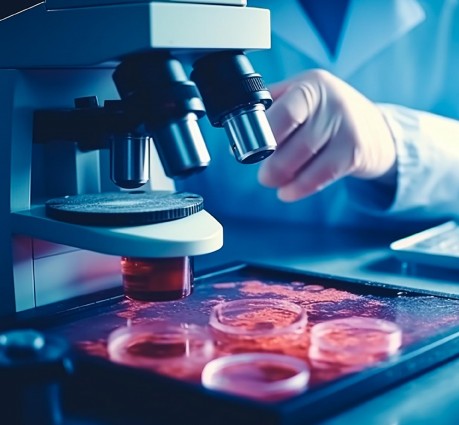This programme offers comprehensive knowledge about the world of microorganisms. In simpler terms, microbiology is a wide-ranging field of biology that focuses on the study of the structure, function, applications, and existence of microscopic organisms. This programme provides an extensive understanding of microbiology across diverse fields, including Pharmacy, Medicine, clinical research, agriculture, the dairy industry, the water industry, nanotechnology, and chemical technology, among others.
Duration of programme
Level of Study

Microbial Physiology and Biochemistry: Study the metabolic processes and biochemical activities of microorganisms.
Microbial Genetics and Molecular Biology: Explore the genetics and molecular mechanisms of microorganisms.
Medical Microbiology: Learn about microorganisms in human health and disease.
Environmental Microbiology: Examine microorganisms in the environment and their interactions.
M.Sc. (Biology/life Science/Bioscience); M.Sc. (Microbiology)
Bachelor's degree in Microbiology or a related field of biological sciences. Minimum GPA requirement. Completion of prerequisite courses in Microbiology, Molecular Biology, Biochemistry, Genetics, or related subjects.